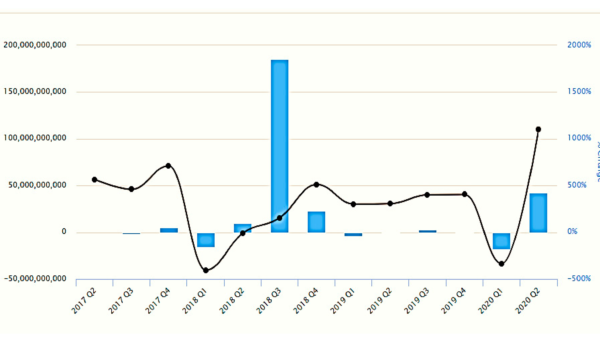China Aims to Surpass U.S. in AI by 2030
A newly released intelligence report reveals China’s bold ambition to surpass the United States and become the world’s leading artificial intelligence (AI) power by 2030. The strategic push is prompting concern in Washington and reshaping global tech dynamics.
Beijing Sets Clear AI Goals
According to the report, China‘s leadership has outlined a national strategy that prioritizes AI development across military, commercial, and academic sectors. The country’s 2030 vision aims to achieve global dominance in AI technology, including robotics, automation, and machine learning.
Massive State Investment Fuels Growth
The Chinese government is pouring billions of dollars into AI research and development, funding both state-owned enterprises and private tech giants like Baidu, Alibaba, and Tencent. This state-directed model has accelerated innovation and deployment across sectors.
Military Applications Raise Alarms
One of the report’s most striking revelations is China’s focus on integrating AI into military operations. AI is being used in surveillance, cyber warfare, autonomous weapons, and decision-making systems — raising serious security concerns among U.S. defense officials.
Education and Talent Pipelines Expand
China has also ramped up investments in AI education, launching new university programs and training initiatives to cultivate a generation of skilled engineers and data scientists. These efforts are designed to reduce reliance on foreign expertise.
U.S. Maintains Lead—for Now
While China is rapidly catching up, the United States still maintains an edge in AI innovation, particularly through companies like OpenAI, Google DeepMind, and Microsoft. However, experts warn that without coordinated policy support, the U.S. may lose its lead.
AI Ethics and Governance Diverge
China’s approach to AI ethics and privacy diverges sharply from Western norms. The report warns that the absence of robust regulatory oversight in China could lead to widespread surveillance and misuse of AI technologies, both domestically and abroad.
Global Tech Competition Intensifies
As China and the U.S. race to dominate AI, other countries are being drawn into the competition. The European Union, India, and Japan are accelerating their own AI initiatives to avoid being sidelined in a bipolar tech landscape.
Intellectual Property Tensions Simmer
The report highlights ongoing concerns about intellectual property theft, alleging that Chinese firms have engaged in systematic efforts to acquire proprietary AI knowledge from Western companies through cyber-espionage and talent poaching.
Private Sector Partnerships in China Flourish
Chinese tech firms are increasingly collaborating with the government, blurring the lines between private enterprise and state objectives. These partnerships are central to the national AI strategy and enable rapid scale-up of new technologies.
Infrastructure Boom Supports AI Development
The expansion of China’s digital infrastructure — including 5G, smart cities, and massive data centers — is laying the groundwork for widespread AI integration in everyday life, from transportation systems to health diagnostics.
Concerns Over AI in Authoritarian Regimes
Analysts caution that China’s authoritarian political structure gives it the ability to implement AI at scale without public debate or oversight, raising fears of mass surveillance and suppression of dissent.
Washington Reconsiders Strategic Posture
In response, U.S. lawmakers are calling for greater investment in AI R&D, improved STEM education, and stronger public-private partnerships. The Biden and Trump administrations alike have identified AI leadership as a national priority.
Calls for Global AI Regulation
Amid the competition, there is a growing chorus among policymakers and academics for a global framework to govern AI development. Such regulations would aim to ensure transparency, fairness, and ethical deployment across borders.
Conclusion: A Decisive Decade Ahead
As China sets its sights on 2030, the race for AI supremacy is poised to shape the next decade of technological innovation and global power relations. The outcome will depend not only on funding and research but on the values guiding this transformative technology.
































